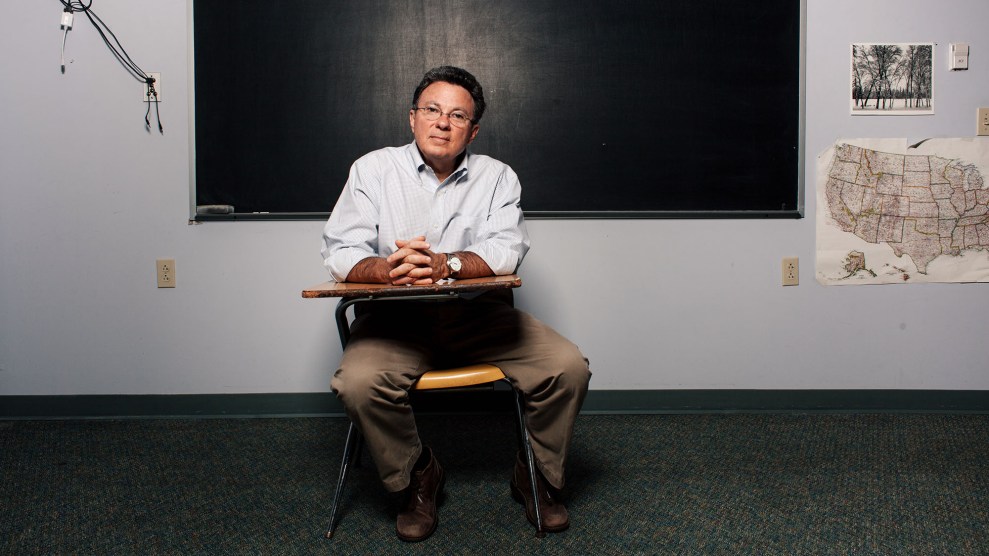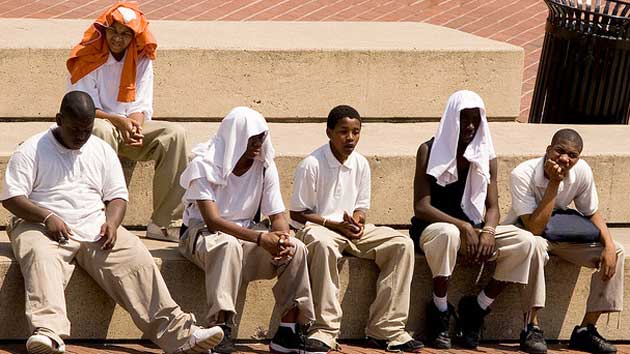A Kentucky police officer has been named in a federal lawsuit filed Monday alleging that he illegally handcuffed and restrained two elementary school students with disabilities. According to the lawsuit, Kenton County Deputy Sheriff Kevin Sumner, a school resource officer assigned to the Covington Independent Public Schools district, used handcuffs last fall to restrain an 8-year-old boy and a 9-year-old girl, placing the cuffs on their biceps behind their backs. Sumner allegedly did so after the students failed to comply with directions given by school authorities. Both students had previously been diagnosed with attention deficit hyperactivity disorder, and the boy had also been diagnosed with post-traumatic stress disorder, according to the lawsuit, which was filed on behalf of the students by the Children’s Law Center in Kentucky, Dinsmore & Shohl, and the American Civil Liberties Union. The suit alleges Sumner violated the students’ civil rights and the Americans with Disabilities Act.
Two videos accompanying the lawsuit show a November 2014 incident in which Sumner tells an 8-year-old Latino student, identified as S.R. in the lawsuit, to “Sit down like I asked you to” while handcuffing him as the child cries and expresses that he’s in pain. Earlier that year, Sumner allegedly detained L.G., a 9-year-old African American student, in the back of his cruiser, after she disrupted the classroom and was requested to be escorted to an in-school suspension room. The lawsuit also details two subsequent incidents in which Sumner handcuffed L.G., one of which resulted in L.G. going to a hospital for psychiatric assessment and treatment.
The lawsuit comes amid growing concerns about the conduct of police officers serving inside the nation’s K-12 schools; as Mother Jones reported recently, in the last five years at least 28 students have been seriously injured, and one student killed, by school cops. The lawsuit underscores the gaps in oversight and inadequate training for officers assigned to schools, as well as the disproportionate impact of school policing on students of color.
Kenton County Chief Deputy Pat Morgan told Mother Jones that the sheriff’s office has reviewed the incidents involving the two students. Morgan said he does not consider handcuffing to be a use of force that would be subject to an internal investigation, but he declined to comment further on the case, pending review of the lawsuit by attorneys for the sheriff’s office. Previous court rulings have found that handcuffing can constitute excessive force.
In a statement to press, Debra Vance, the director of communications for Covington Independent Public Schools, said that she could not speak about the case specifically due to student privacy concerns, but added that school resource officers “are not called upon by school district staff to punish or discipline a student who engages in a school-related offense.”















